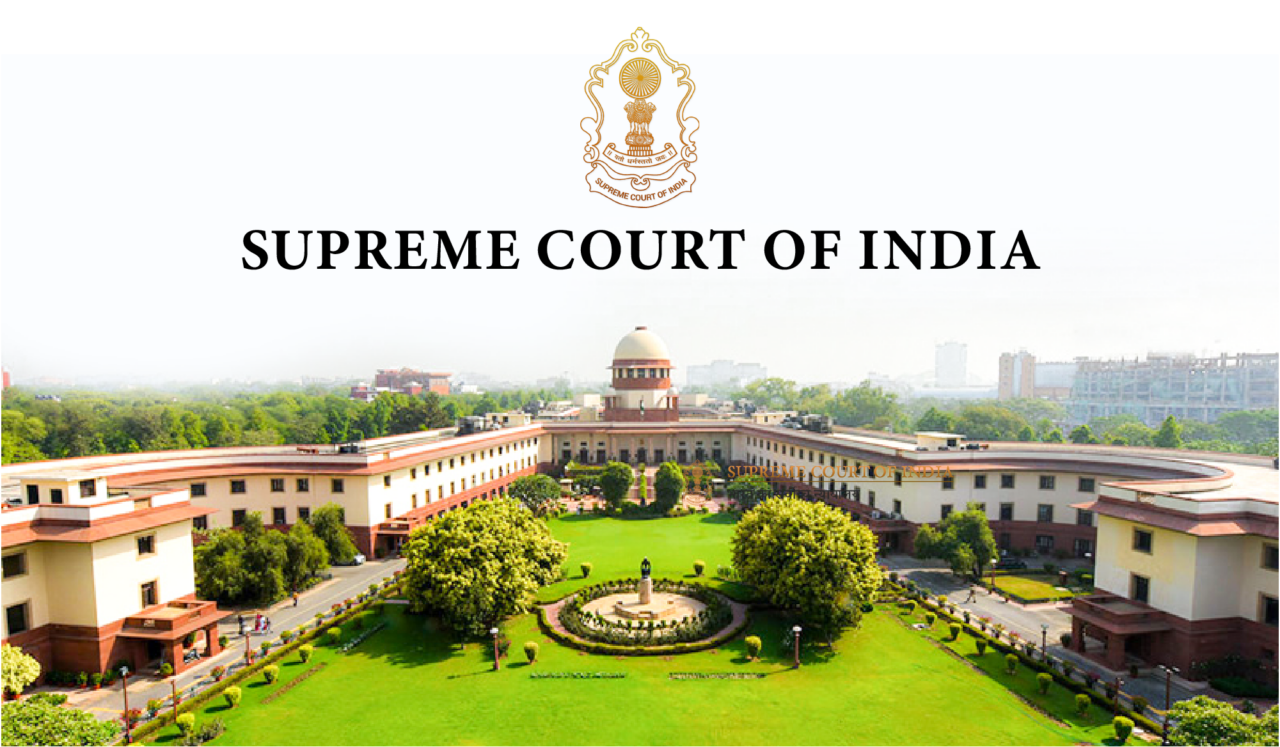The Supreme Court of India passed a landmark judgment on 10 July 2013 in which it struck down Section 8(4) of the Representations of Peoples Act, 1950 as unconstitutional. This was seen in the case of Lily Thomas vs Union Of India & Ors ((2013) 7 SCC 653) which was presided over by Justice A.K. Patnaik, Justice Sudhansu Jyoti Mukhopadhaya.
FACTS OF THE CASE:
In 2013, a two-judge panel consisting of Justices A.K. Patnaik and S.J. Mukhopadhaya ruled on the disqualification of Members of Parliament or the Legislature, as the case may be. Two petitions were brought before the Supreme Court, one by Advocate Lily Thomas and the other by Lok Prahari, through its General Secretary S.N. Shukla, both concerning whether MLAs or MPs should be disqualified after being convicted in a criminal case.
The criminalization of politics is a problem that concerns the basic foundation of a democratic system in terms of election fairness. Since India’s independence, the number of offenders elected to state and central legislatures has climbed dramatically. According to the Association for Democratic Reforms, 24% of MPs had criminal proceedings outstanding against them in 2004, 30% in 2009, 34% in 2014, and 43% in the Parliament that was elected in 2019. These data paint a bleak picture of where we are heading if things continue in their current course. Over the years, the Parliament has failed to pass legislation establishing standards governing the penalty for legislators with criminal histories or convictions. This, however, should come as no surprise given the vested interests of those who sit in Parliament. For the time being, the Representation of the People Act of 1951 governs the disqualification of elected legislators.
A Supreme Court lawyer, Lily Thomas, and an NGO Lok Prahari filed a Public Interest Litigation in which they challenged Section 8 (4) of the Representation of the People Act, 1951 as being unconstitutional. The petition’s principal goal was to limit the entry of convicted individuals into legislative bodies and to outlaw such criminal conduct.
Articles 102(1) and 191(1) of the Indian Constitution specify the disqualifications for members of the Parliament and the Legislative Assembly, respectively, while also authorizing the Central Government to add to the disqualifications. Section 89(4) of the act states that if a sitting member of the house is convicted of an offense punishable by more than two years in prison and files an appeal within three months of the conviction, he will not be disqualified from holding membership in the house.
JUDGEMENT:
It is that the affirmative terms employed in Articles 102(1)(e) and 191(1)(e) of the Constitution bestow power on Parliament to enact laws laying down the disqualifications for a person who is to be chosen as a member of either House of Parliament or as a member of the Legislative Assembly or Legislative Council of a State, as well as for a person who is a serving member of a House of Parliament or a House of the State Legislature and the language in Articles 101(3)(a) and 190(3)(a) of the Constitution expressly limit the Parliament’s power to defer the date on which the disqualifications would take effect. As a result, sub-section (4) of Section 8 of the Act, which exempts sitting members of Parliament or State Legislatures from the disqualifications outlined in sub-sections (1), (2), and (3) of Section 8 of the Act, or which postpones the date on which the disqualification will take effect in the case of a sitting member of Parliament or a State Legislature, goes beyond the powers granted to Parliament by the Constitution.
The Court held that Section 8(4) is indeed ultra vires to the constitution. The Court further stated that sitting members who have previously benefited from Section 8(4) would be unaffected by this decision. However, if any serving member of Parliament or state legislature is convicted under subsections 1, 2, or 3 of Section 8, he or she will be disqualified as a ruling of this judgment.
“PRIME LEGAL is a full-service law firm that has won a National Award and has more than 20 years of experience in an array of sectors and practice areas. Prime legal fall into a category of best law firm, best lawyer, best family lawyer, best divorce lawyer, best divorce law firm, best criminal lawyer, best criminal law firm, best consumer lawyer, best civil lawyer.”
JUDGEMENT REVIEWED BY RAMASHESHAN P K.


